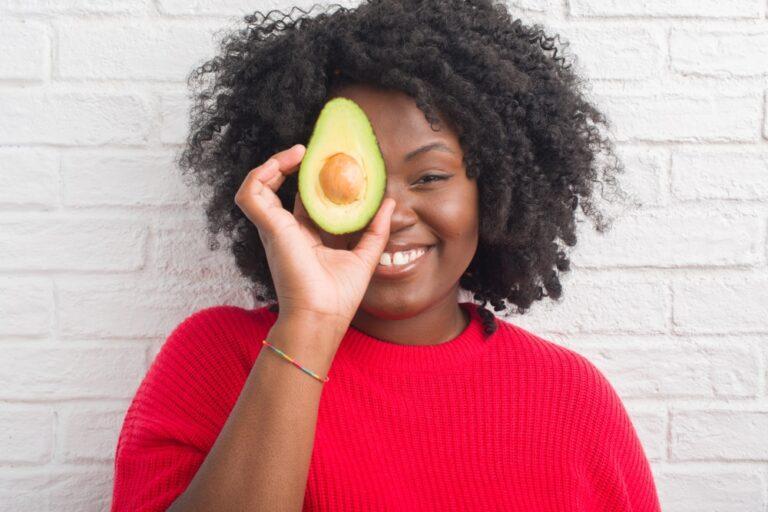Cancer is a devastating disease that affects millions of people worldwide. While modern medicine has made significant advances in cancer treatment, nutrition also plays a critical role in cancer prevention and management. Research increasingly demonstrates that certain foods contain powerful compounds that can inhibit cancer cell growth, reduce inflammation, and enhance the body’s defenses against cancer. This article will explore the top 10 anti-cancer foods backed by scientific research.
Understanding How Cancer Develops
To understand how food can help fight cancer, it is useful to first understand some basics about how cancer starts and spreads in the body.
DNA Damage Leads to Abnormal Cell Growth
Cancer begins when damage occurs to the DNA within our cells, leading to uncontrolled, abnormal cell growth. This DNA damage can be caused by various factors like genetics, toxins, radiation, oxidative stress, and chronic inflammation. When DNA becomes damaged, mutations occur, leading to detrimental changes in cell function.
Cancer Growth Depends on Oxygen and Nutrients
As cancer cells rapidly divide and grow, they require a steady supply of oxygen and nutrients to support their proliferation. Cancer cells release signaling molecules like vascular endothelial growth factor (VEGF) that prompt the growth of new blood vessels to deliver these necessities. This process of growing new blood vessels to supply tumors is called angiogenesis.
Inflammation Plays a Key Role
Chronic inflammation significantly contributes to DNA damage and cancer development. Once present, cancer cells themselves drive further inflammation, fueling additional DNA damage and cancer growth.
Preventing Cancer With Food
Understanding these mechanisms by which cancer initiates and spreads provides context for how nutrition can counteract the process. Anti-cancer foods contain compounds that act as antioxidants, reduce inflammation, inhibit blood vessel growth, and even directly induce cancer cell death. While research on nutritional impact on cancer continues, current evidence supports the cancer-fighting potential of certain foods.
Top 10 Anti-Cancer Foods
Based on current research, here are 10 of the best anti-cancer foods to incorporate into your diet:
1. Cruciferous Vegetables
Cruciferous vegetables including broccoli, cauliflower, cabbage, kale, and Brussels sprouts contain beneficial compounds called glucosinolates. During digestion, glucosinolates break down into derivative compounds like sulforaphane and indole-3-carbinol that inhibit cancer cell growth and prompt cell death. Regularly eating cruciferous vegetables is associated with reduced risk of lung, colorectal, breast, and prostate cancers.
2. Berries
Berries like blueberries, raspberries, strawberries, and blackberries are packed with antioxidant and anti-inflammatory polyphenols called anthocyanins that give berries their vibrant coloration. Anthocyanins neutralize free radicals to reduce oxidative stress, inhibiting cancer development. Berries may also prevent tumor growth and spread while enhancing the immune system.
3. Tomatoes
Tomatoes contain the antioxidant carotenoid lycopene, which gives tomatoes their rich red hue. Lycopene has been shown to reduce prostate, breast, lung, and colon cancer risks. It may prevent carcinogenic mutations, induce cancer cell death, inhibit blood vessel growth, and stimulate protective anticancer immune responses.
4. Green Tea
Abundant in antioxidant polyphenols called catechins, green tea has natural anti-cancer effects. The most active and well-researched catechin is epigallocatechin gallate (EGCG). EGCG prevents DNA damage while inducing cancer cell death and halting metastasis. Drinking green tea regularly may lower risks for various cancers including colorectal, prostate, breast, and ovarian.
5. Garlic and Onions
Garlic and onions belong to the Allium family and contain organosulfur compounds such as allicin and quercetin. These compounds exhibit anticancer activities by reducing inflammation, inhibiting proliferation of tumor cells, inducing cancer cell death, and blocking angiogenesis. Garlic and onion intake is linked to decreased gastric, colorectal, prostate, and breast cancer risks.
6. Leafy Green Vegetables
Leafy greens like spinach, kale, swiss chard, lettuce, and arugula are loaded with essential vitamins, minerals, fiber, and plant pigments like chlorophyll that enable their anti-cancer capacities. They also contain high concentrations of antioxidants to suppress tumor growth. These vegetables may specifically reduce risk of colorectal, breast, lung, and stomach cancers.
7. Walnuts
Walnuts are a good plant-based source of anti-inflammatory omega-3 fatty acids called alpha-linolenic acid (ALA). ALA inhibits inflammatory signals that promote cancer progression. Walnuts also contain other bioactive molecules like antioxidants, melatonin, and plant sterols with anticancer effects.
8. Flaxseeds
Like walnuts, flaxseeds are an excellent source of ALA omega-3 fatty acids that help fight cancer by reducing inflammation and oxidative stress. They also contain antioxidant lignans that may specifically inhibit breast and prostate cancer growth by altering hormone metabolism.
9. Herbs
Herbs like parsley, cilantro, basil, oregano, thyme, sage, and rosemary contain diverse bioactive phytochemicals like flavonoids, carotenoids, and essential oils that prevent DNA damage and cancer cell proliferation. Parsley is particularly high in a flavonoid called apigenin that is linked to decreased risks for several cancer types.
10. Mushrooms
Certain mushrooms like maitake, shiitake, reishi, and turkey tail contain polysaccharides and other compounds that enhance immune function against cancer. Mushrooms also have antioxidant, anti-inflammatory, anti-proliferative, and anti-angiogenic properties to inhibit tumor growth and metastasis.
Achieving an Anti-Cancer Diet
While specific foods have anti-cancer effects, it is important to pursue an overall healthy dietary pattern focused on including more plant foods and limiting processed foods, excess salt, added sugars, and saturated fats.
Aim to fill your diet with a colorful variety vegetables (especially cruciferous), fruits (especially berries), whole grains, nuts, seeds, herbs, mushrooms, teas, beans, lentils, and lean proteins. This provides a diversity of protective compounds while supporting a healthy weight and reducing cancer risk factors like inflammation. Discuss nutrition strategies with your doctor, especially if currently undergoing cancer treatment.
Workout and Fitness News
Subscribe to our mailing list and get interesting stuff and updates to your email inbox.
Thank you for subscribing.
Something went wrong.
This content was originally published here.



















